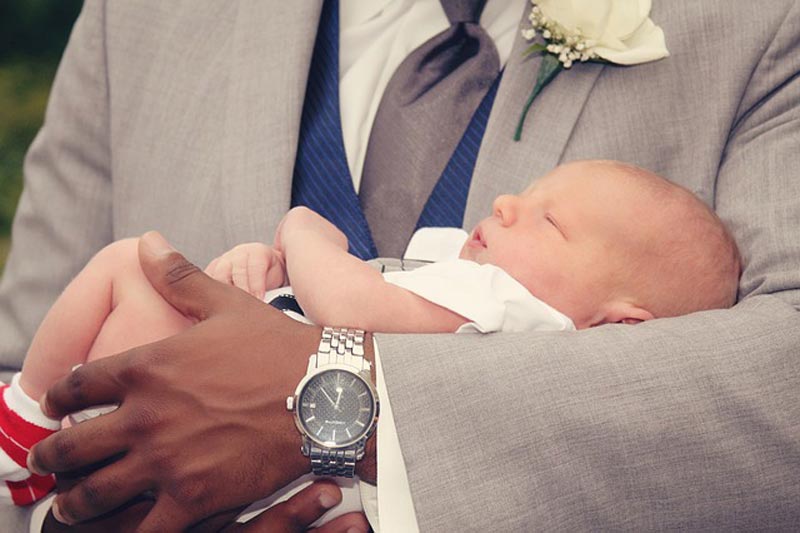Divorces can get messy lawyers tell us especially if you’re getting separated because of a major falling out with your partner. Unfortunately, there are a lot of things that you need to think about when it comes to divorces or separations, including the way in which your finances and assets are split.
One of the most commonly overlooked asset classes when it comes to divorces and separations is superannuation. A lot of people don’t even think about what’s going to happen to their super when they get divorced, which means that it can become a major sticking point in separation courts. Super disputes are a major issue for many family lawyers, and a decent lawyer can help you achieve the best outcome for you and your circumstances.
What Happens To My Super When I’m Separated?
If you get divorced or terminate a de facto relationship, there’s three things that can happen to your super accounts:
- Split – Often, super benefits are split between the two parties involved in the separation. With standard super funds, this is a simple process. However, things get a little more difficult when self managed funds are involved.
- Flag – If you’re waiting for an investment to mature, for retirement or for some other short term event to occur, your can decide to flag your super account and split it after the event happens.
- No flag or split – In many cases, your super account may be treated as another asset, along with all of your other assets. In this case, all your relationship assets will be divided between you and your former partner, without your super account necessarily being split.
How Much Of My Super Will I Get To Keep?
The exact proportion of your super that you get to keep will depend on your exact circumstances and on the circumstances surrounding your marriage (or partnership) and your separation. In nearly all cases a family lawyer and a financial expert are used to determine how a couples super accounts should be split, and friendly agreements are often made.
However, if a friendly agreement can’t be reached, you will have to go to court. Here, a family lawyer becomes even more important, as they will help you gain the biggest benefit possible, potentially even allowing you to retain your entire super fund.
Final Word
In almost all cases, it’s best to try and come to a friendly financial agreement with your former partner about how your super accounts will be split. A family lawyer can help you come to this decision by outlining what is likely to happen if you elect to take the matter to court. If you do end up having to take it to court, court costs and fees can eat into your bank, meaning that it’s usually not worth it.



